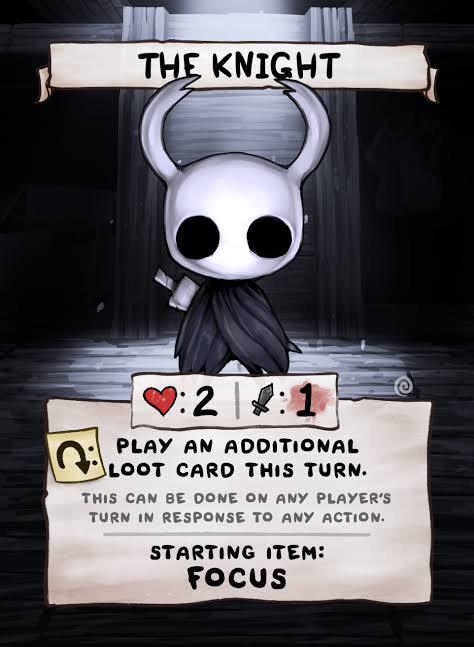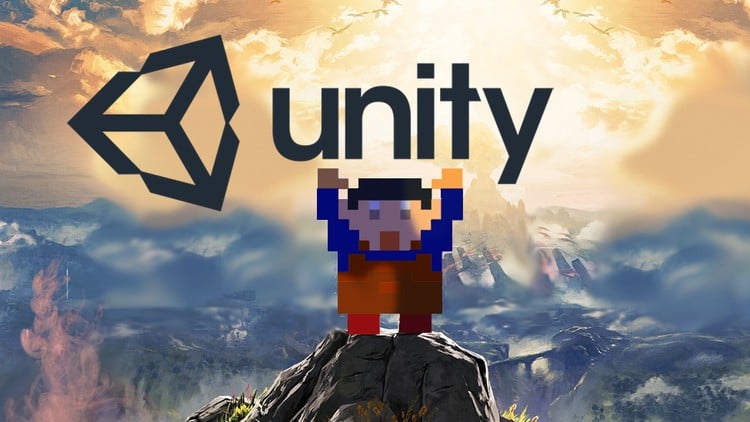Unity's New Runtime Fee: A Potential Game Over for Indie PC Developers?

The world of indie game development is a vibrant ecosystem fueled by passion, creativity, and a healthy dose of caffeine. For many small studios, Unity has been the engine of choice, offering accessibility and a vast asset store. But the recent announcement of Unity's new runtime fee policy has sent shockwaves through the community, leaving many indie developers wondering if their financial foundations are about to crumble. As a seasoned game developer myself, with years of experience wrestling with engine limitations and budget constraints, I want to dissect these changes and what they truly mean for the future of indie PC gaming, particularly for those studios with teams of 1-10 people operating on shoestring budgets.
The New Runtime Fee: What's the Deal?
In a nutshell, Unity plans to charge developers a fee each time a game built with their engine is installed by an end-user. This fee applies once certain thresholds are met – a minimum revenue of $200,000 in the past 12 months and 200,000 lifetime installs. On the surface, this might seem reasonable, but the devil is in the details, and those details are causing considerable anxiety among indie developers.
The Indie Game Profitability Paradox: Success Can Be a Curse
Let's be clear: Nobody begrudges Unity making money. They provide a valuable service. The issue is how they're choosing to monetize. For an indie studio with a runaway hit like Hollow Knight (developed by Team Cherry) or Cult of the Lamb (from Massive Monster), a seemingly positive situation – massive sales and widespread adoption – could quickly turn into a financial nightmare under this new system. These games have sold millions of copies. While specific financial data isn't always public, it's easy to see how installation fees could quickly eat into profits, especially considering the ongoing costs of supporting a live game.
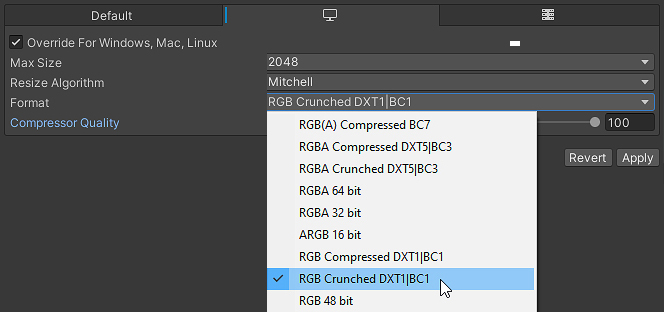
Imagine a small team that spent years pouring their heart and soul into a game. They finally release it, it becomes a success, and then they find themselves owing Unity a significant portion of their revenue after launch, potentially years after initial sales. This is particularly problematic for games that rely on long-tail sales.
The Long Tail Problem: Many indie games continue to sell copies for years after their initial release. These sales, while individually small, can collectively contribute a significant portion of a studio's long-term revenue. The runtime fee, however, disproportionately impacts these long-tail sales, effectively penalizing developers for their game's continued popularity. This revenue stream, often used to fund future projects or provide a financial cushion, could be severely diminished. How unity changes affect long tail sales is a critical concern.
Game Pass and Subscription Services: A Revenue Erosion Nightmare
The rise of subscription services like Xbox Game Pass has been a boon for many indie developers, providing a platform to reach a wider audience and generate recurring revenue. However, the per-install fee structure could completely undermine the benefits of Game Pass.
Let's say a game is on Game Pass. Millions of subscribers download and play it. While the developer receives a lump sum from Microsoft for inclusion in the service, they now face the prospect of paying Unity a fee for each of those installs. This could easily wipe out the revenue generated from the Game Pass deal, turning a potentially lucrative partnership into a financial liability. Unity game pass revenue impact is a significant concern that developers are grappling with.

Cash Flow Catastrophe: The Real Threat to Indie Studios
Beyond the overall impact on profitability, the runtime fee poses a significant threat to the cash flow of small studios. Indie game development is often a feast-or-famine industry. Developers may spend years working on a game with little to no income, relying on savings or small grants. When a game finally launches, the initial sales provide crucial capital to pay off debts, fund marketing, and begin development on the next project.
The runtime fee introduces a significant uncertainty into this equation. Suddenly, developers have to account for an unpredictable expense that could fluctuate wildly depending on download numbers. This makes financial planning incredibly difficult and could jeopardize their ability to invest in future projects or even sustain their current operations. Imagine an indie studio banking on a certain amount of revenue to start pre-production on their next game, only to discover that a significant chunk of that money is now owed to Unity due to unexpected download spikes.
The Specter of Layoffs: A Bleak Outlook for Indie Devs
The financial pressures created by the runtime fee could lead to a grim outcome: layoffs at smaller PC game studios. If studios are forced to allocate a significant portion of their revenue to Unity fees, they may have no choice but to reduce staff. This would not only impact the livelihoods of talented developers but also stifle innovation and creativity within the indie game scene. Risk of layoffs at indie game studios due to unity fee is a very real and pressing issue.
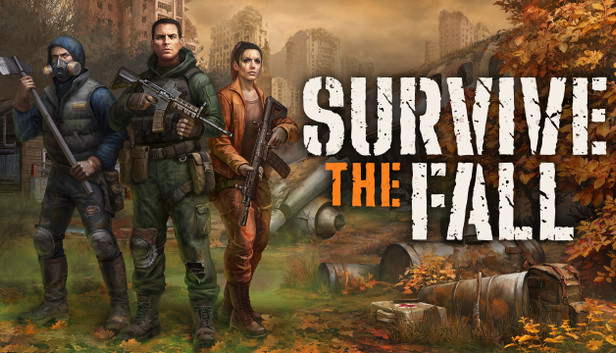
Alternative Solutions: A Path Towards a More Equitable Model
The current implementation of the runtime fee is clearly unsustainable for many indie developers. However, there are alternative solutions that Unity could implement to create a more equitable and developer-friendly model:
- Revenue-Sharing Agreements: A traditional revenue-sharing model, where Unity receives a percentage of the game's revenue above a certain threshold, would be a more predictable and manageable option for developers. This aligns Unity's success with the developer's success.
- Tiered Fee Structures: Implementing tiered fee structures based on studio size or revenue would ensure that smaller studios with limited resources are not disproportionately impacted. This could involve different thresholds or lower fee rates for studios below a certain revenue or employee count.
- Negotiated Agreements for Subscription Services: Unity could work with developers and subscription service providers like Microsoft to create tailored agreements that address the specific challenges posed by the per-install fee structure.
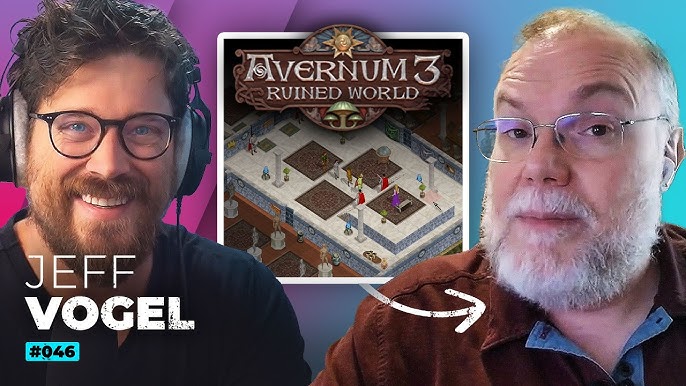
- Exemptions or Reduced Fees for Educational Projects: Providing exemptions or reduced fees for educational projects and game jams would encourage the next generation of game developers to learn and experiment with Unity.
- Clear Communication and Transparency: Most importantly, Unity needs to improve its communication with developers and be more transparent about its pricing policies. Open dialogue and a willingness to listen to feedback are crucial for building trust and fostering a healthy relationship with the indie community.
The best unity alternative for 2D indie games is actively being researched by smaller studios.
The Future of Indie Game Development: A Call to Action
Unity's new runtime fee policy has the potential to reshape the indie game landscape. The stakes are high. While it's still developing, alternative game engines for small unity devs are being explored. If Unity doesn't listen to the concerns of its users and implement meaningful changes, we could see a decline in innovation, creativity, and diversity within the indie game scene. It's time for developers to voice their concerns, demand a more equitable model, and explore alternative solutions. The future of indie game development may depend on it. How will the Unity fee affect small indie game developers? That is the question on everyone's mind.

It's not just about the money, it's about the passion and creativity that fuels the indie game scene. We need to ensure that small studios can continue to thrive and bring their unique visions to life, without being crushed by unsustainable financial burdens.
UPDATE:
Following significant backlash from the developer community, Unity has made some adjustments to its runtime fee policy. While these changes are a step in the right direction, it remains to be seen whether they will fully address the concerns of indie developers. Key changes include:
- A cap on the runtime fee at 2.5% of revenue.
- Developers can choose to pay either the runtime fee or a percentage of revenue share, whichever is lower.
- The fee will only apply to games using Unity 2024 LTS or later.
- A Unity Personal license will remain free for developers with less than $200,000 in revenue and less than 200,000 lifetime installs.
It is crucial for developers to carefully evaluate these changes and determine how they will impact their specific projects. The discussion is far from over, and continued advocacy is needed to ensure a sustainable future for indie game development with Unity.

